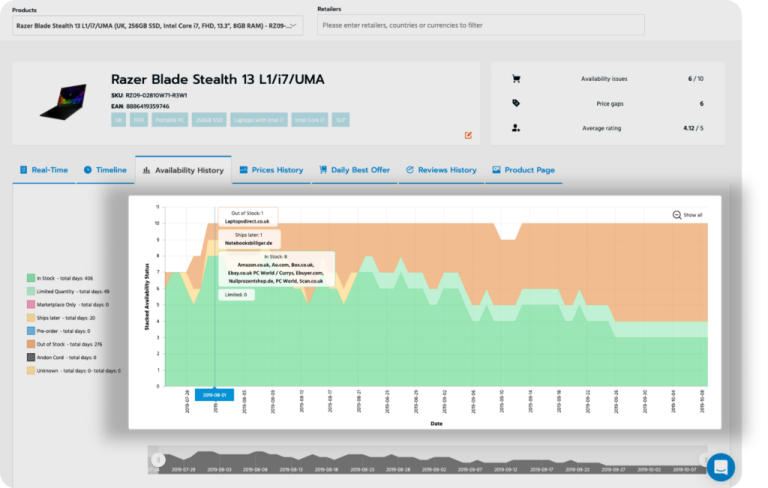
E-commerce and online marketplaces now represent a third of B2B purchases. Is your company leveraging these new routes to market?
In its January 2022 report, E-Commerce Or Online Marketplace: Is Your Company Prepared To Leverage New Routes To Market?, Forrester helps B2B suppliers’ validate their readiness with questions across seven key factors.
Forty-one percent of B2B leaders in a 2021 McKinsey survey reported digital sales channels are their most effective sales route, beating in-person (37%) and video (31%). This means those without an online strategy are not only falling behind, but sacrificing significant business to digitally savvy competitors.
While implementing digital routes to market is urgent, it must be done right to be effective. Suppliers must invest time and effort upfront to select the right digital model(s) and prepare a comprehensive strategy to support it.
Forrester believes suppliers can ensure their readiness by answering questions about seven dimensions of digital route-to-market readiness:
- Target customers. Gain a deep understanding of the target customer segment(s) you’re looking to engage with online. Who are they? What is the buyer’s journey? What are their CX expectations?
- Strategic vision. Digital commerce is about more than just adding a shopping cart app to your website. It should be a key part of your overall business strategy.
- Online portfolio. Not all products and services are viable for digital selling. Decide which offerings to include in an online catalog based on factors like customer preferences, sales and purchase complexity and product maturity.
- UX/content. Poor UX is the primary reason why buyers leave a website before purchase. Does your e-commerce or marketplace experience include complete and accurate content, compelling design and live support?
- Ordering and fulfilment. Most third-party marketplaces have fulfilment requirements that, if not met, could result in fines or cancellation. Suppliers must outsource or manage the entire process, from ordering to inventory management to packaging and shipping/delivery.
- Processes and technology. Can you manage your entire end-to-end e-commerce process in one place? Platforms like enterprise resource planning (ERP), customer relationship management (CRM), product information management (PIM) and others are must-haves for a centralized way to manage it all and integrate other critical apps.
- Capabilities and capacity. More than tech, a successful route-to-market program takes the right people. Assemble a team with the necessary skills from a digital executive and steering committee to marketing, web design and finance/legal.
Before jumping the gun, take the time to establish a digital commerce strategy that anticipates your needs and roadblocks. By defining each of the seven necessary areas for e-commerce and marketplace implementation, you’ll set your business up for long-term digital success.
Download the full Forrester report to learn more >>



